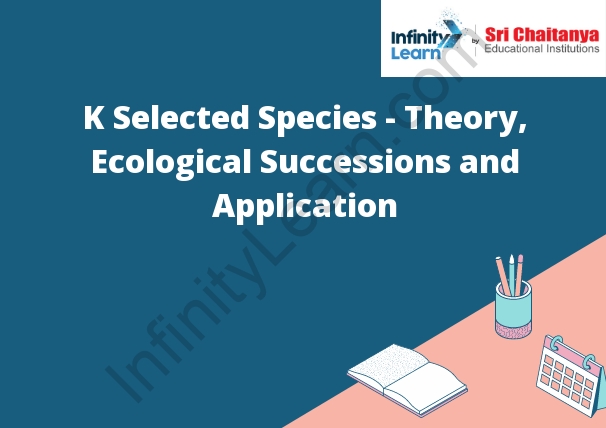Table of Contents
What is K Selected Species?
K selected species are those that reproduce slowly, have a long life span, and produce a small number of offspring. These species are typically found in areas where resources are limited, such as in deserts or on mountainsides. K Selected Species – Theory Ecological Successions and Application.
K selected species typically have a strong parental instinct, and will take care of their young for a long time. The young are also typically very well-adapted to their environment, and can survive on their own soon after birth.
K selected species are not as common as other types of species, because it is difficult for them to survive in areas where resources are plentiful.

Theory of K Selected Species
The theory of K selected species suggests that a species will become K selected if the population size is limited and the members of the population are competing for a limited amount of resources. In a K selected species, the individuals that are able to compete and survive are the ones that will pass on their genes to the next generation. K selected species are often associated with organisms that have a long lifespan and produce few offspring.
Ecological Successions and Application of K Selected Species Theory
Ecological succession is the process of change in the species structure of an ecological community over time. Succession may be initiated by events such as fire or flooding, or by the establishment of a new community of organisms. The process of succession leads to the development of a climax community, a stable, self-perpetuating community of plants and animals that occupies a particular habitat.
The theory of k-selected species is a model of succession that predicts the order in which different species will become established in a community. The theory is based on the idea that different species have different abilities to survive and reproduce in a given environment. K-selected species are those that have a high ability to survive and reproduce in a stable environment. They are typically large, slow-growing, and long-lived. r-selected species are those that have a low ability to survive and reproduce in a stable environment. They are typically small, fast-growing, and short-lived.
The theory of k-selected species predicts that k-selected species will become established first in a community, followed by r-selected species. The theory has been used to explain the successions that occur in many different types of communities, including plant communities, animal communities, and microbial communities.







